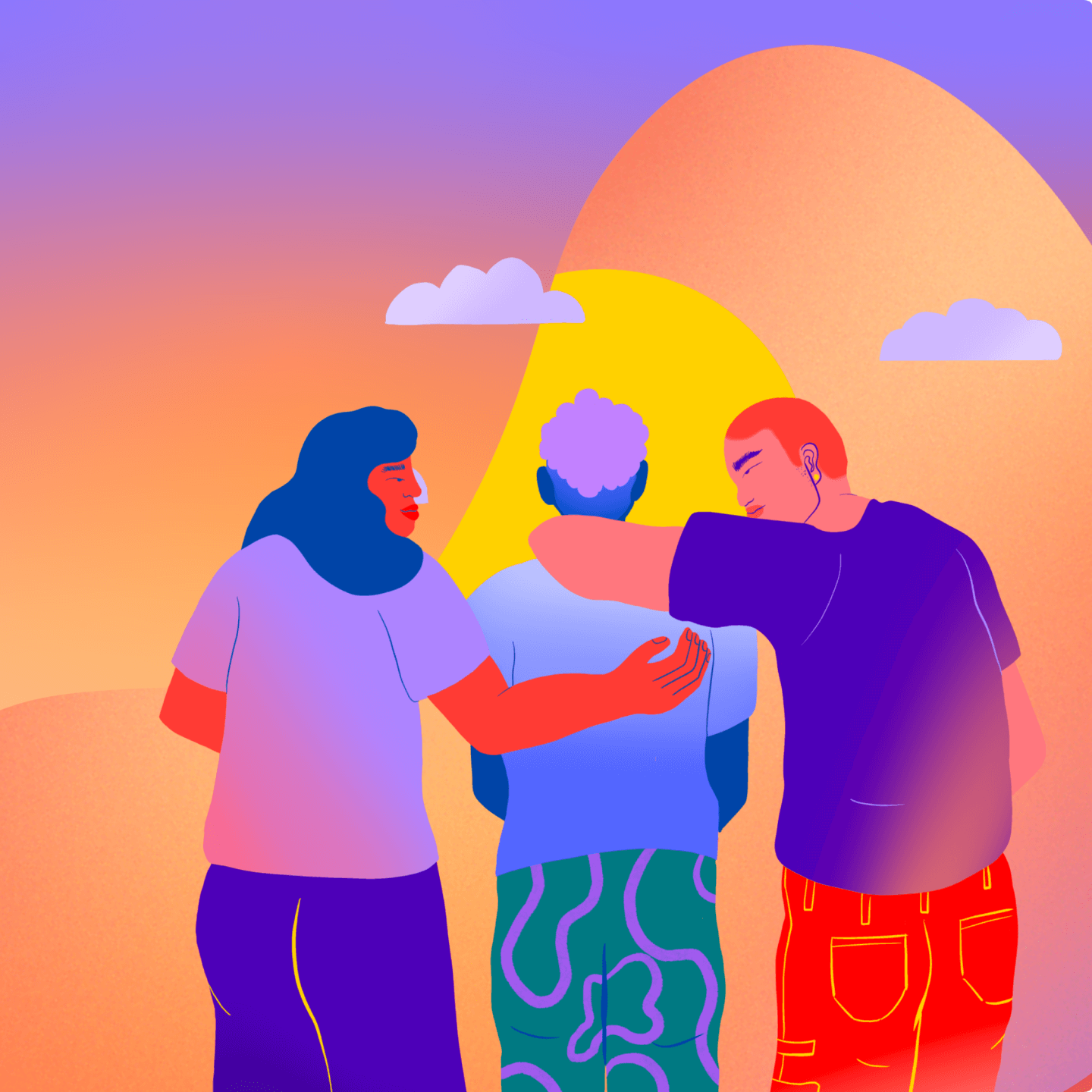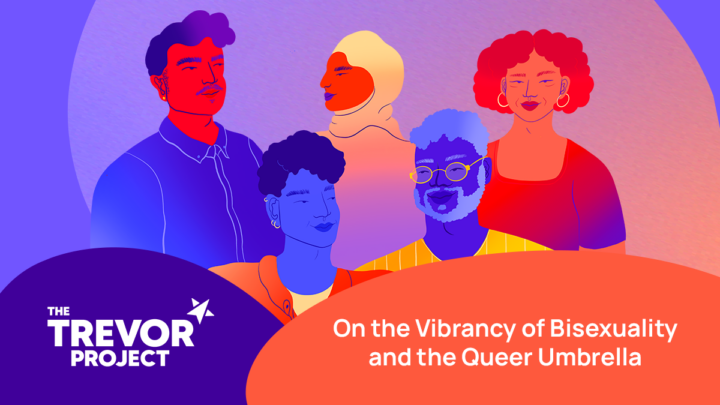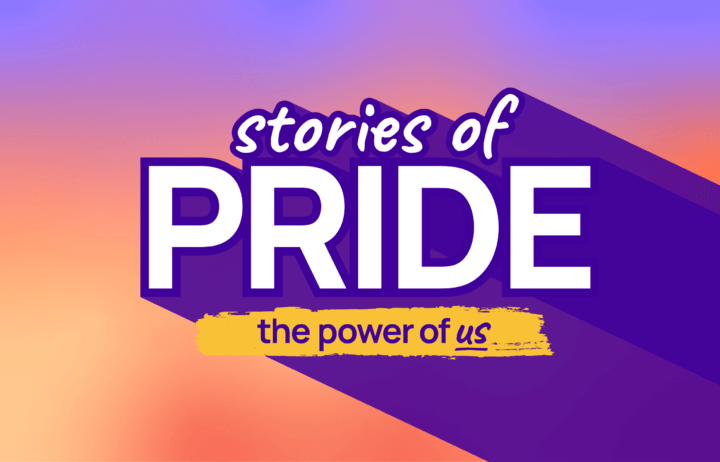The Trevor Project’s 2023 U.S. National Survey on the Mental Health of LGBTQ Young People highlights the experiences of over 28,000 LGBTQ youth aged 13 to 24 across the United States. We wish we had seen more progress in our Annual Survey towards a world where the public health crisis of suicide among LGBTQ young people is ended and organizations like ours no longer need to exist. However, we still see a crisis where LGBTQ young people don’t feel affirmed, experience suicidal ideation, and most who want mental health care are still unable to access it.
We can and must do better. This year’s research emphasizes ways in which we can all support the LGBTQ young people in our lives by creating affirming spaces, respecting pronouns, and advocating for policies that support the mental health of LGBTQ young people.
The survey also shows that despite the unique challenges, barriers to care, and relentless political attacks LGBTQ young people face, they remain hopeful and resilient. For the first time ever, respondents were asked to describe a world where all LGBTQ people are accepted, and their responses were inspiring. It is essential that we listen to these stories and use them to advocate for change.
The survey revealed several key findings that cannot be ignored: 41% of LGBTQ youth seriously considered attempting suicide in the past year, and youth who are transgender, nonbinary, and/or people of color reported higher rates than their peers. However, transgender and nonbinary youth who reported that all of the people they live with respect their pronouns reported lower rates of attempting suicide. This emphasizes the importance of creating safe and accepting environments for LGBTQ youth.
Fewer than 40% of LGBTQ youth found their home to be LGBTQ-affirming, and a majority of LGBTQ youth reported being verbally harassed at school because people thought they were LGBTQ. Roughly half of transgender and nonbinary youth found their school to be gender-affirming, and those who did reported lower rates of attempting suicide. These findings highlight the critical need for education and training for individuals, families, and institutions on how to create supportive environments for LGBTQ youth.
2023 has been a year that has seen a record number (over 500) anti-LGBTQ bills, and this legislation is having an incredibly negative impact on the mental health of LGBTQ young people. Nearly 1 in 3 LGBTQ young people said their mental health was poor most of the time or always due to these policies, and nearly 2 in 3 said that hearing about potential state or local laws banning people from discussing LGBTQ people at school made their mental health a lot worse. We must fight against these harmful policies and work towards a future where LGBTQ youth can live openly and without fear. Telling stories to uplift trans young people, and sharing their voices is a crucial part of this work: our series Sharing Space or Learn with Love can be a great resource to share with those who may not know trans or nonbinary young people.
The Trevor Project’s survey highlights the experiences of LGBTQ youth in the United States and the critical need for support and advocacy. It is time for us to listen to these stories and take action to create a world where all LGBTQ people are accepted, celebrated, and supported. We can and must do better to end the public health crisis of suicide and build a future where every LGBTQ young person can thrive.


